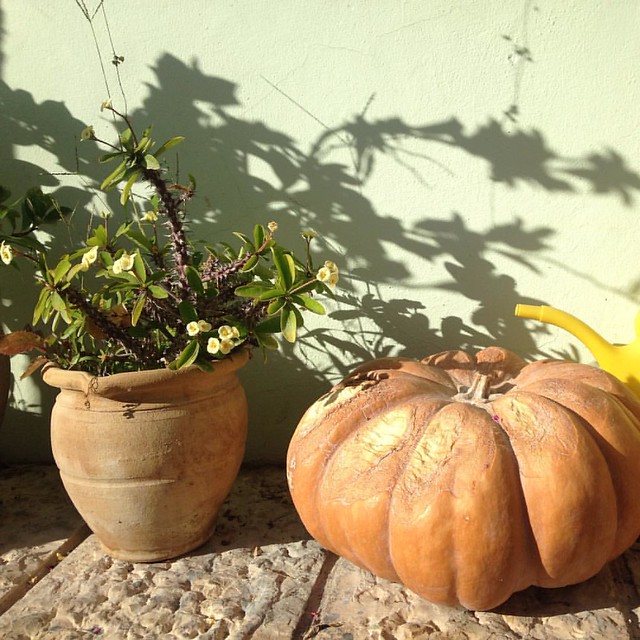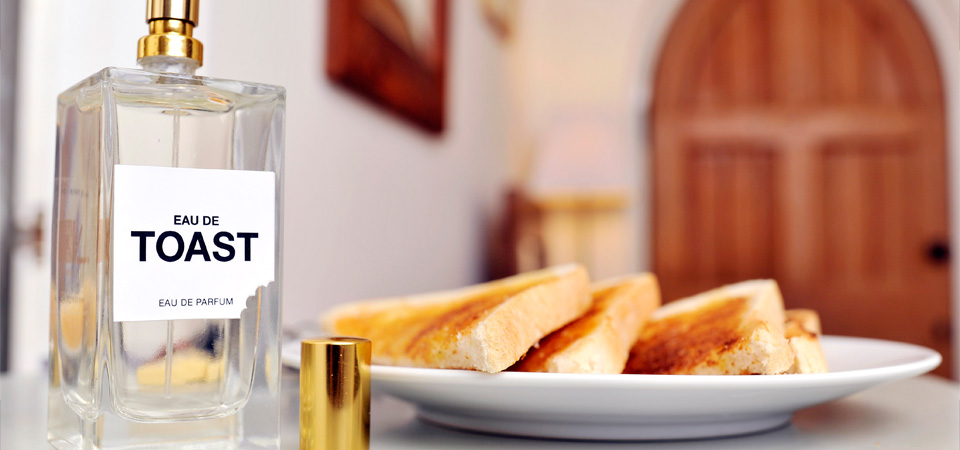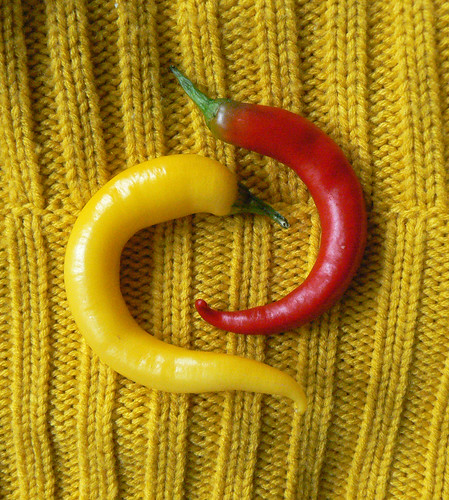
Happy belated Thanksgiving to all of my friends and customers in Canada. I'm quite overwhelmed with the flood of Jewish holidays, and the time difference - so I didn't manage to get a chance to commemorate a tradition of gratitude which I grew to embrace and call my own. So I'm going to merge together the two traditions - Jewish and Canadian - and say sorry and thank you in one post... It's a perfect pairing for Yom Kippur and Thanksgiving, don't you think?
This year I'm particularly thankful for all my friends in Vancouver, old and new, who jumped to the task of helping me wrap up 18 years of life and ship them to the other side of the globe. I know it was more painful for them at the time than it was for me (with the tremendous pressure of preparations, the realization of what was really happening has only began to sink in after I've arrived here). So I'm also sorry for all the mess, trouble and sadness my departure was mingled with and sorry for leaving. We'll have to arrange some trans-atlantic visits. I promise you: there's lots to see here in my new neighbourhood of the Western Galilee. The more I discover about it, the more excited I get about my new life here.
And I'm particularly thankful for my family, who've received me here with open hearts and arms, and made my landing as soft as possible. Thank you for putting up with the shock and turmoil that immigration entails for those who experience it firsthand and those who support them. I arrived here in a state of shock and only learned after the fact that moving countries brings so much grief. Literally. People spend at least a year grieving the life they had in the previous country as if they've lost a loved one. Not to mention the daily struggles with language, customs, geography. There is not a night when I don't wake up in horror from a realization (or a dream) that I left something really important back in my old home. Add to that many bureaucratic paradoxality that not only boggles the mind but also directly impedes on our daily life and my family's well-being.
I have a newfound admiration for immigrants the world over and a deeper understanding of why my countries are the way they are - for better and for worse. Immigrants should be saluted to, not laughed at for their accents or weird customs.
So I'm going to apologize in advance and ask my family's forgiveness for all the mess that we're going to be facing in the next few months until my home is ready and until we're fully used to our new surroundings. We're off to a very wild ride together...
Gmar Chatima Tova!




